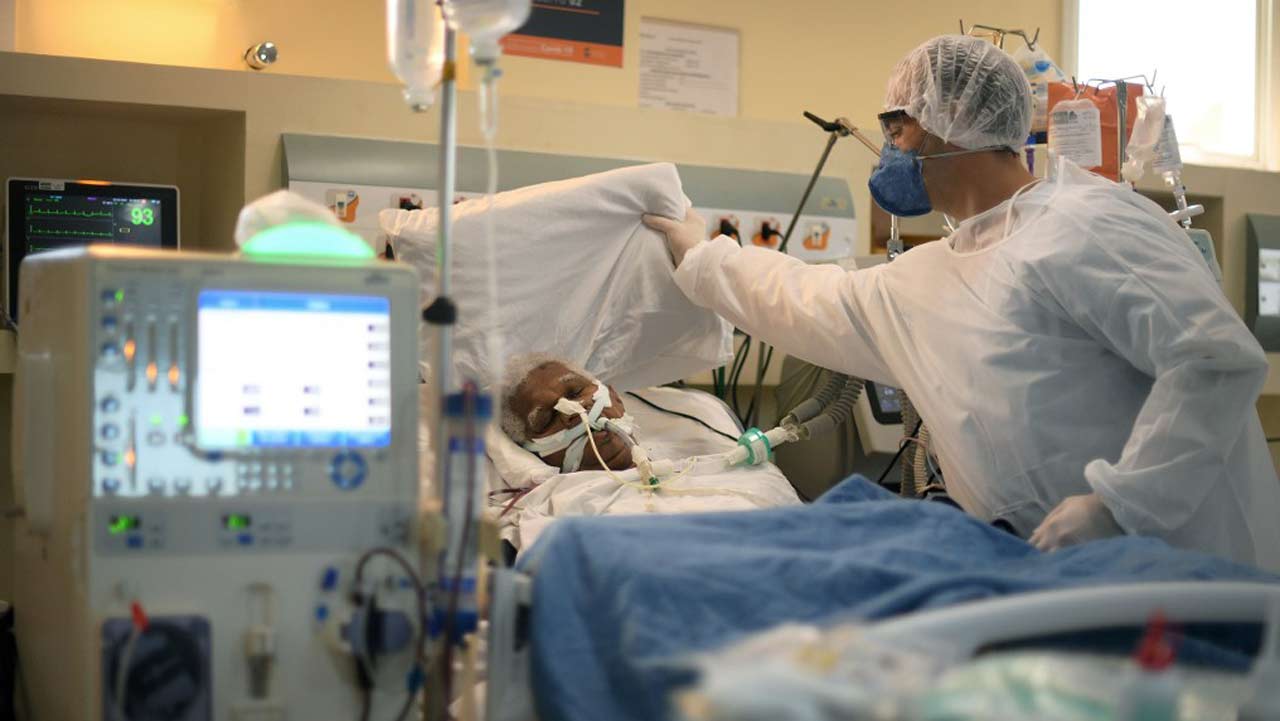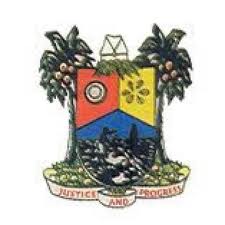The current Ebola outbreak in Nigeria has affected more nurses and doctors than it has patients.
The doctor that treated the late American-Liberian, Patrick Sawyer, at a private hospital in Lagos, was the first to be infected with the virus in Nigeria. Just last week, the chief matron at the hospital where Sawyer was treated became the first Nigerian to die of the Ebola Virus Disease.
On Monday, health authorities in Nigeria disclosed that the 10th confirmed case of Ebola is a nurse. All the people that have been confirmed to have contracted the disease in the country have been health workers.
This should, however, not come as a surprise, as Ebola is a disease that is transferred from the body fluids of an infected person to another uninfected person.
Experts note that since health workers are one of the first persons to come in contact with the body fluids of an infected person they are at a higher risk of contracting the disease without knowing.
A surgeon, Dr. Jide Olanrewaju, explains that an infected health worker constitutes a greater danger to the public, hence, the need for them to protect themselves from getting infected.
He states that these are not times for doctors or nurses to compromise standard procedures when patients with symptoms similar to Ebola come to their health facilities – either public or private.
Olanrewaju says their carelessness or ignorance could cost them their lives and also lead to further outbreak of the viral disease.
He states,” You can only contract Ebola from a sick patient, someone that is already showing the symptoms. That is why doctors and nurses are one of the most affected. They are one of the primary contacts with a sick person.
“ That is why they have a role to play in reducing the outbreak of Ebola, because any health worker, who unknowingly contracts the virus while treating the patient, will unknowingly give it to his/her family or co workers and other patients in that hospital.
“Ebola has killed over 61 doctors in Guinea, Liberia and Sierra Leone and one nurse in Nigeria. It is a serious issue that doctors and nurses must take seriously for their safety and that of the public.”
To reduce their risks for infection, Olanrewaju notes that health workers must follow infection-control procedures.
He explains, “We are saying that if a sick patient who has a combination of Ebola symptoms like high fever, diarrhoea and vomiting comes to the hospital, the nurse or doctor must wear protective clothing such as gloves, nose masks and gowns while attending to the patient, to minimise the risks. Until the patient is properly diagnosed, stick to this procedure while treating the patient. It is an infection-control policy that all health professionals must stick to this period.”
Ebola virus is the nightmare of many doctors. Even the World Health Organisation notes that those at the highest risk of contracting it are health care workers who treat patients without taking the right precautions to avoid infection.
The WHO says they could get infected in the course of feeding, injecting, holding and caring for the sick.
The global body advises health workers to be at alert; wear personal protective equipment, observe universal basic precautions when attending to suspected or confirmed cases, and report to the local health authorities immediately.
Other measures, which include washing of hands often with soap and water, avoiding bodily contact with people who are sick and ensuring that objects used by the sick are decontaminated and properly disposed, are also meant to reduce the risk of infection.
It notes that one could still contract the virus from an infected person as long as their blood and secretions contain the virus – in some cases, up to seven weeks after they have recovered.
For those who do not know yet, Ebola Virus Disease is an haemorrhagic fever and one of the most virulent viral diseases known to humankind.
It has no known cure and it could kill an infected person within hours or few days of symptoms, whether the victim gets treatment or not.
The initial symptoms of the viral disease can include sudden fever, intense weakness, muscle pain and sore throat, can later progress to vomiting, diarrhoea and, in some cases, internal and external bleeding. The Ebola virus does not respond to any vaccine.
The incubation period of the virus can last from two days to three weeks, and diagnosis is difficult. The best treatment affected persons get is therapy.
Some of the hosts of the virus include wild forest animals, including chimpanzees, gorillas, monkeys, forest antelope, and fruit bats and there is enough scientific evidence to show that Ebola virus can be contracted by persons who eat or handling infected animals like bush meat.
ABUJA: Training Schedule for Basic Life Support BLS, Pediatric Advanced Life Support (PALS), Advanced Cardiovascular Life Support ACLS, First Aid, CPR, AED
PORTHARCOURT: Training Schedule for Basic Life Support BLS, Pediatric Advanced Life Support (PALS), Advanced Cardiovascular Life Support ACLS, First Aid, CPR, AED
LAGOS: Training Schedule for Basic Life Support BLS, Pediatric Advanced Life Support (PALS), Advanced Cardiovascular Life Support ACLS, First Aid, CPR, AED




